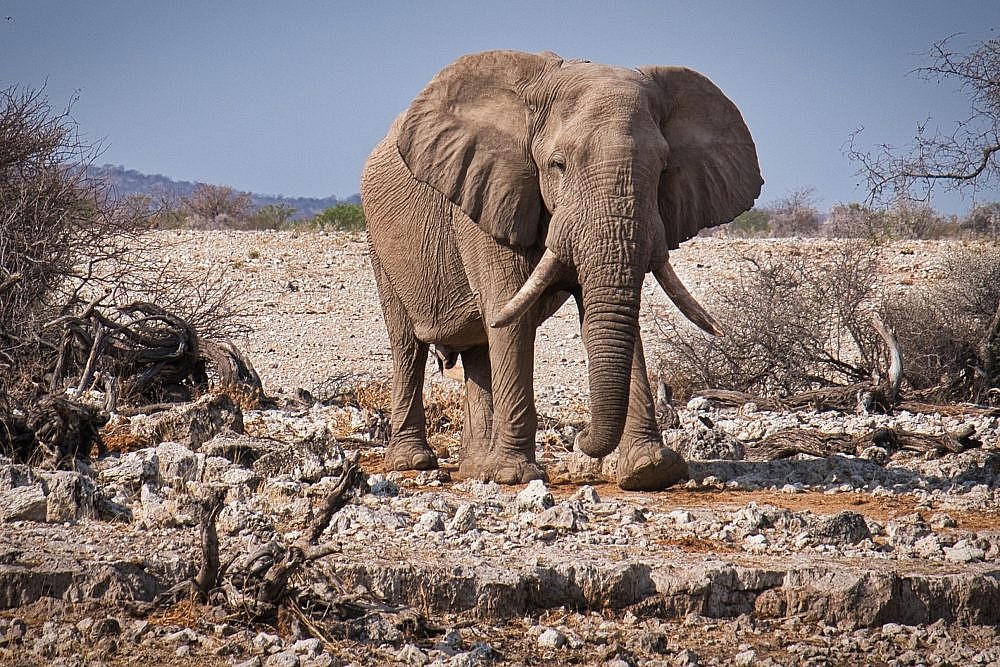As a long-time animal lover and self-proclaimed greeniac, Journiac Travel & Tours owner and operator Julie Dupuis is committed to providing sustainable and responsible travel experiences to all clients, including animal-friendly and wildlife-friendly tourism. The agency pledges to help put an end to animal cruelty through travel and tourism.

Commitment To Animal-Friendly Experiences
Journiac Travel & Tours will not sell any products which directly or indirectly cause harm to animals. Instead, the agency will suggest animal-friendly and wildlife-friendly activities for clients to choose from.
- No elephant rides
- No dog sledding
- No horse and buggy city tours
- No animal performances
- No unnatural animal feeding, including to lure animals closer
- No forced animal photo posing
- No sport or trophy hunting or fishing, including catch-and-release fishing (food hunting and fishing only)
- No mass tourist swims or aquarium swims (carefully curated wild dolphin and turtle swims only)
- No animal fighting
Plus, zoos and aquariums are carefully researched to consider each one’s individual offerings.
Moving forward, for each trip organized, Journiac Travel & Tours will consult World Animal Protection’s philosophy of Five Freedoms to determine whether activities involving animals are appropriate:
- Freedom from hunger and thirst
- Freedom from discomfort
- Freedom from pain, injury, or disease
- Freedom from fear and distress
- Freedom to express normal behaviour
Tips For Animal-Friendly Travel
- Wildlife-watching in natural habitats is the most exciting way to witness elusive animals and experience their normal behaviours.
- Souvenirs made from wild animal parts, such as fur, ivory, shells, seahorses, teeth, rhino horns, and turtle shells, are usually made by cruelly slaughtering rare and endangered species.
- Unless the purpose of an animal shelter or sanctuary is to rehabilitate and release animals, it is probably best to avoid it. This includes zoos, aquariums, and marine parks. Use this checklist to identify genuine sanctuaries. And, this guide helps identify elephant-friendly venues.
- Animals that are trained to perform, be ridden, or have pictures taken with them, are often physically and/or psychologically abused.
- Likewise, far-ranging land and marine animals which are kept in captivity experience unnatural stress, leading to abnormal behaviours.
- When riding an appropriate animal such as a horse, its size should be suitable to the rider’s.
- Forced photos with animals should be avoided at all times. Photos should only be taken from a safe distance, provided animals can move freely in their natural habitat.
- Avoid the top ten cruellest animal attractions, as reported by World Animal Protection:
- Riding elephants
- Taking tiger selfies
- Walking with lions
- Visiting bear parks
- Holding sea turtles
- Performing dolphins
- Dancing monkeys
- Touring civet coffee plantations
- Charming snakes and kissing cobras
- Farming crocodiles
Remember not only to avoid the above activities, but the venues that offer them as well.
